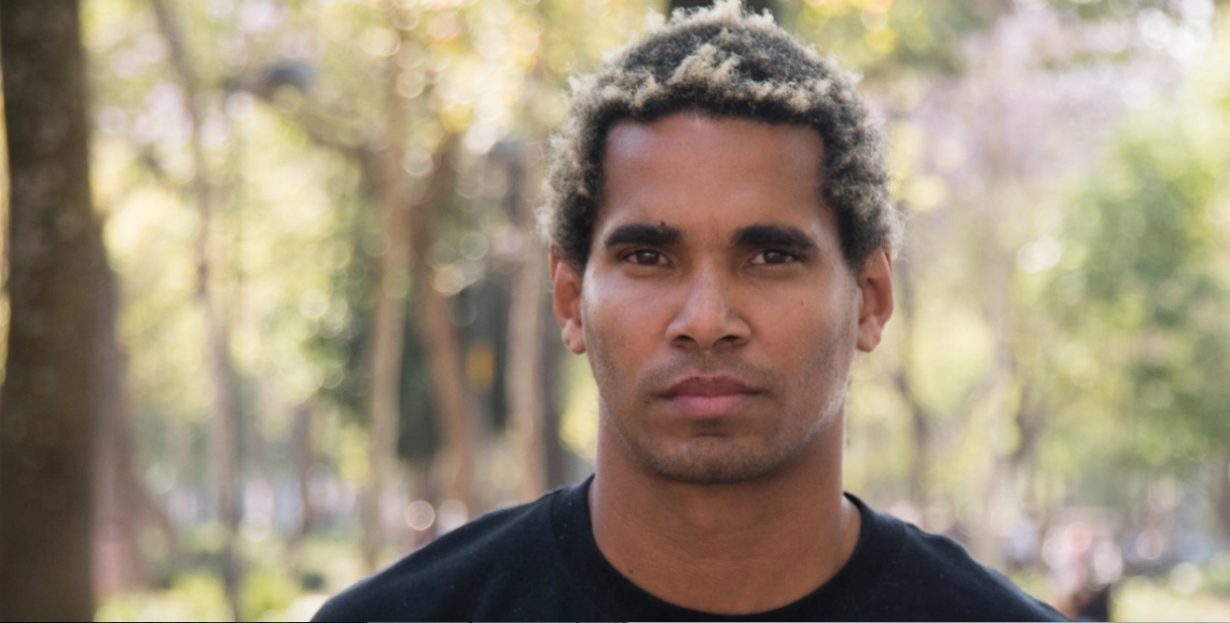
Cuban artist Luis Manuel Otero Alcántara has been sentenced to five years in prison for insulting national symbols.
One of the leading figures in the activist San Isidro Movement, which protest the increasing government oppression and censorship on the Caribbean island, Otero Alcántara has been in and out of jail. The group was founded in 2018 after instigation of Decree 349, a law that requires all artistic activity to be authorised in advance by the Cuban culture ministry. ‘The decree criminalises independent art activity’, the Cuban-American artist Coco Fusco told the Guardian in 2018. ‘It allows a cadre of roving censors to go around issuing fines, to take away your equipment. These are not liberal individuals – if you are a rap musician and they simply don’t like your lyrics, they will shut you down. These draconian actions already take place but this law systemises it.’
Last year Otero Alcántara went on hunger strike to protest his persecution and the confiscation of his artworks, many of which feature the Cuban flag. The artist was jailed alongside rapper Maikel Castillo, sentenced to nine years for a defamation against Cuban institutions.
Reacting to the rulings, Erika Guevara-Rosas, Americas director at Amnesty International, said that ‘both Luis Manuel and Maykel are artists who have used art as a means of expressing their views on the social, political and economic conditions in Cuba’. He went on to describe the cases as ‘emblematic examples of how Miguel Díaz-Canel’s government uses the judicial system to criminalize critical voices, including through charges of alleged crimes that are incompatible with international law. The international community must continue to publicly condemn these practices, which openly undermine the full exercise of human rights in the country.’
Amnesty International says that it has also received reports of state security agents posted near the homes of fellow activists and journalists, preventing them from attending the hearings at the Popular Municipal Court of Central Havana.